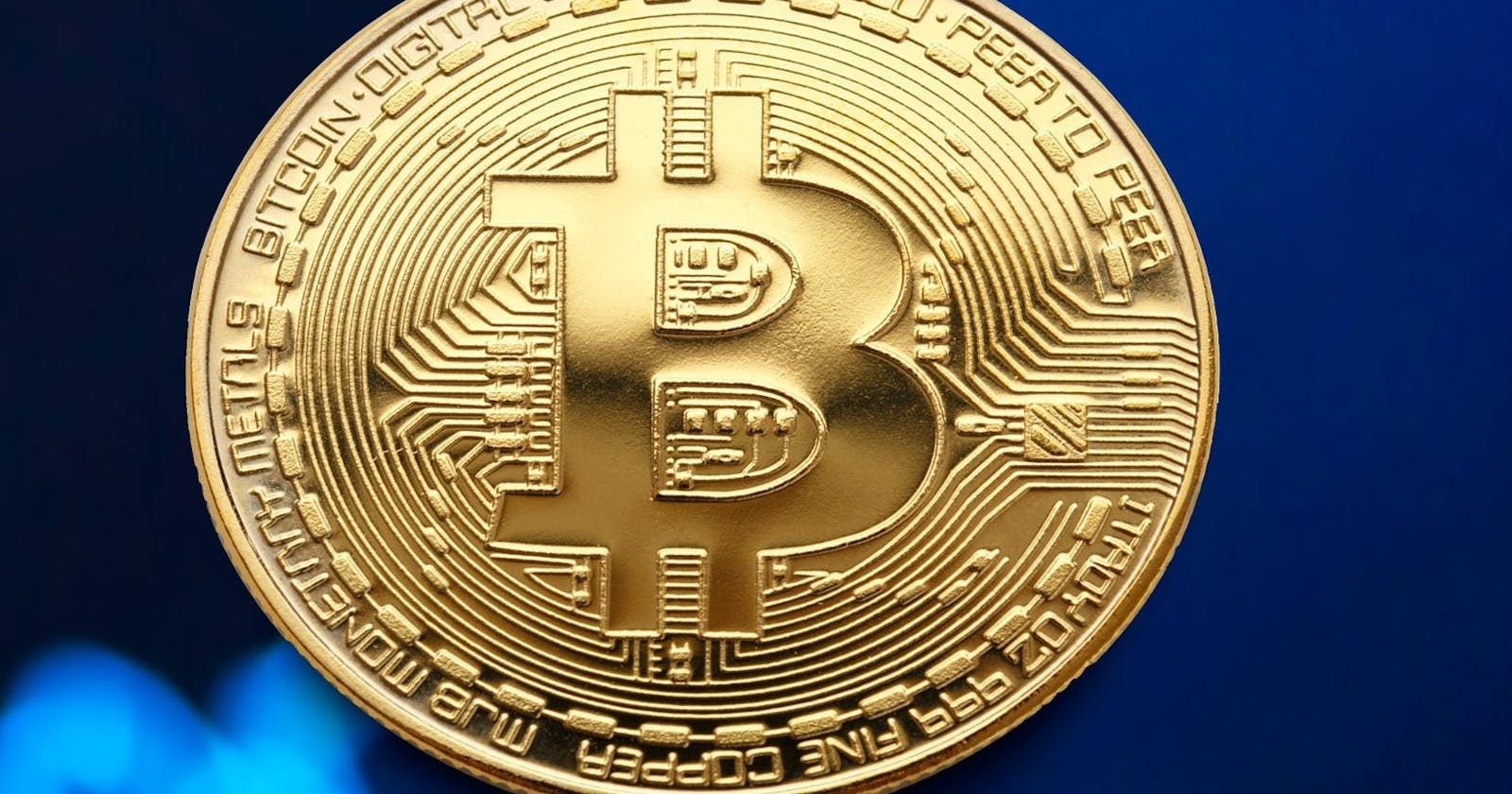Table of contents
No headings in the article.
Bitcoin, the first decentralized digital currency, has taken the world by storm since its creation in 2009. While it has had its share of controversies and criticisms, the fact remains that Bitcoin is the future of money. In this article, we will explore why Bitcoin is the future and why fiat currencies have their shortcomings.
Fiat currencies, such as the US Dollar, Euro, and Japanese Yen, are issued and controlled by central authorities like governments and central banks. The problem with fiat currencies is that their value is not tied to any underlying asset, making them susceptible to inflation and manipulation. Governments can print more money to stimulate their economy, but this leads to devaluation of the currency and loss of purchasing power for citizens.
Bitcoin, on the other hand, is decentralized and not controlled by any central authority. It is a finite resource, with a maximum of 21 million Bitcoins that can ever be created. This means that Bitcoin cannot be inflated like fiat currencies, and its value is determined solely by the market demand and supply.
Another shortcoming of fiat currencies is that they are vulnerable to fraud and theft. Counterfeiters can create fake bills, and hackers can steal digital currency from centralized exchanges. In contrast, Bitcoin's blockchain technology ensures that all transactions are secure and transparent. The blockchain is a decentralized public ledger that records all transactions on the network, making it virtually impossible to alter or hack.
Furthermore, Bitcoin's transaction fees are significantly lower than those of traditional banking systems. Banks charge fees for everything from international transfers to ATM withdrawals. These fees are often hidden and can quickly add up, especially for those who live in poverty. Bitcoin's low transaction fees make it accessible to everyone, regardless of their socio-economic status.
Bitcoin is also a borderless currency, allowing for instant and cheap international transfers. Traditional banking systems can take several days and charge high fees for international transfers. Bitcoin transactions, however, can be completed within minutes and with minimal fees.
Despite its advantages, Bitcoin has faced criticisms and controversies. One of the main criticisms is its association with illicit activities such as money laundering and terrorism financing. However, it is important to note that these activities also occur with fiat currencies, and Bitcoin's blockchain technology actually makes it easier to track and identify suspicious transactions.
Another criticism is that Bitcoin's value is too volatile, with large fluctuations in price. However, this is a result of the current market demand and supply and is expected to stabilize as more people adopt Bitcoin as a mainstream currency.
In conclusion, Bitcoin is the future of money. Its decentralized and finite nature, low transaction fees, and borderless capabilities make it superior to fiat currencies in many ways. While it has its shortcomings and criticisms, the benefits of Bitcoin far outweigh them. As Karl Marx once said, "The oppressed are allowed once every few years to decide which particular representatives of the oppressing class are to represent and repress them." Bitcoin offers an alternative to this system, where individuals have more control over their money and can escape the limitations of centralized authorities.
